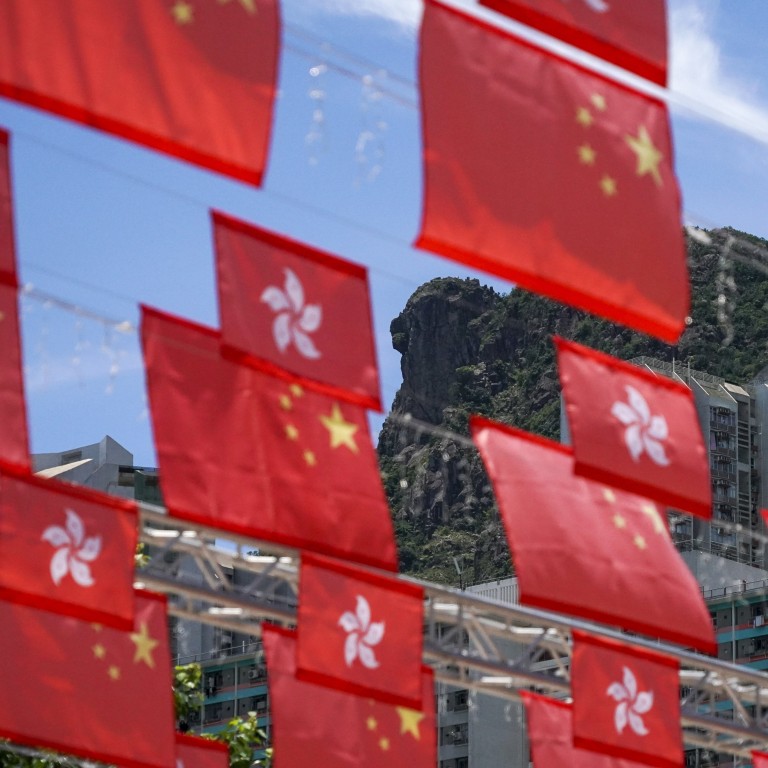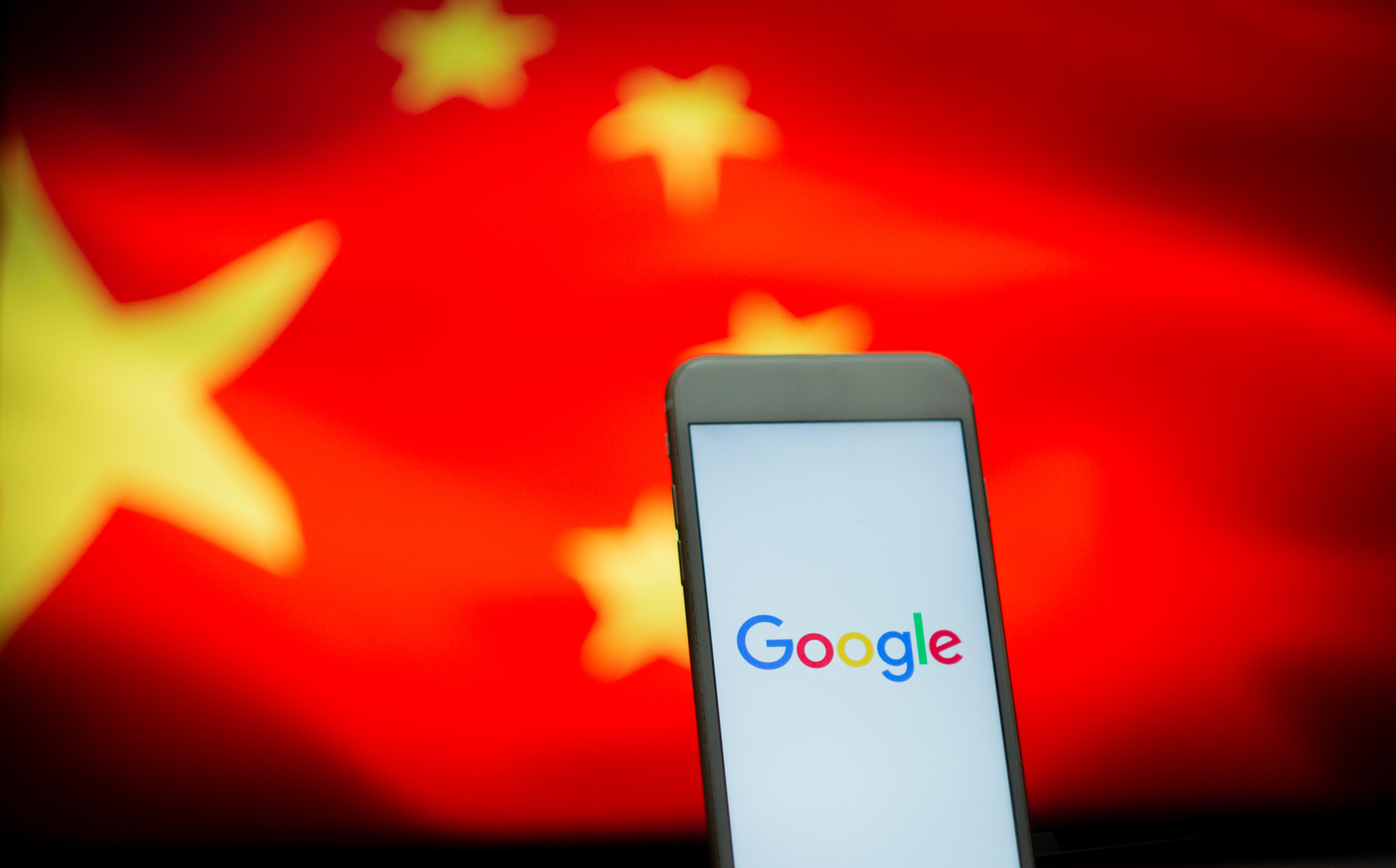
Hong Kong court gives go-ahead for government’s appeal bid against rejected ban on protest song often mistaken for national anthem
- Government lawyers earlier applied for review, citing perceived failure to give ‘greatest weight and deference’ to city leader’s decision to label song a national security risk
- Proposed injunction centres on 2019 protest tune ‘Glory to Hong Kong’, often mistaken for the national anthem at overseas sports events
Mr Justice Anthony Chan Kin-keung on Wednesday said the latest government bid was an attempt to again put forward most of the contentions he had previously rejected, but he agreed that some of the arguments deserved further scrutiny before the Court of Appeal.
“Due to the importance of national security, the law on which is of course a new frontier, I am inclined to grant leave where it can be said that the points are matters of law,” the judge said in his written decision.
Justice department appeals against judge’s refusal to ban ‘Glory to Hong Kong’
The proposed injunction aims to bar anyone harbouring criminal intent from “broadcasting, performing, printing, publishing, selling, offering for sale, distributing, disseminating, displaying or reproducing [the song] in any way”.
The unprecedented bid, if granted, would also cover individuals and bodies that assisted, caused, procured, incited, aided, abetted, knowingly authorised, permitted or allowed others to commit the prohibited acts.

He also highlighted potential conflicts with criminal law procedures, such as bail requirements and commencement of legal proceedings within specified time periods.
AmCham hails court rejection of bid to ban ‘Glory to Hong Kong’ protest song
In Wednesday’s decision, Chan noted the justice department had still failed to explain why the court should adopt a lower threshold for imposing an injunction in the very probable absence of any opposition.
He said despite “very careful consideration”, he remained unconvinced by the government’s contention that the court was not well placed to determine the usefulness of the ban.
The judge stressed the injunction had no impact on the legality of online information claiming the protest tune to be the national anthem, which is “March of the Volunteers”.
Judge warns ‘Glory to Hong Kong’ protest song ban might not have desired effect
“[The injunction] would not render the misrepresentation per se a crime or a breach of the injunction. The enjoined action had to be one carried out with intent to insult the national anthem.”
But Chan accepted that a higher court should determine whether the chief executive’s decision to categorise the song as a risk to national security was a conclusive piece of evidence in the injunction bid.
He also agreed to have the Court of Appeal examine whether he had, as submitted by government lawyers, underestimated the likelihood that internet service operators would comply with demands from authorities and censor the song if a ban was in place.
A hearing date for the appeal has yet to be fixed.
